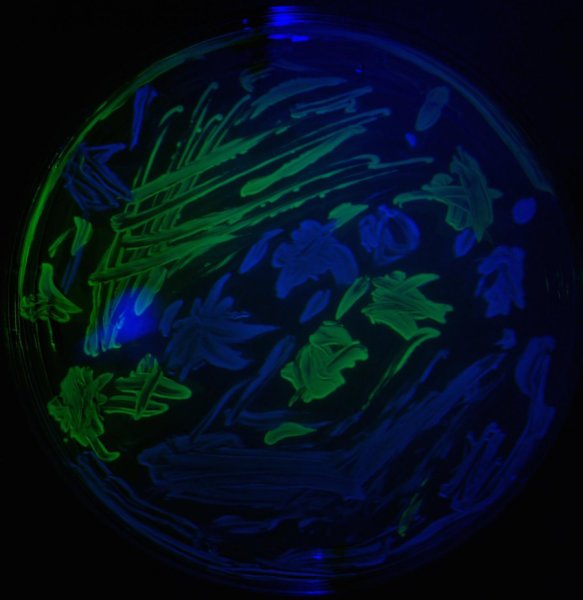The growth of bacteria can be stimulated by antibiotics, scientists at the University of Exeter have discovered. Researchers exposed E.coli bacteria to eight rounds of antibiotic treatment over four days and found the bug - which can cause severe stomach pain, diarrhea and kidney failure in humans - had increased antibiotic resistance with each treatment.
This had been expected, but researchers were surprised to find mutated E.coli reproduced faster than before encountering the drugs and formed populations that were three times larger because of the mutations.
This was only seen in bacteria exposed to antibiotics - and when researchers took the drug away, the evolutionary changes were not undone and the new-found abilities remained.
Researcher suggests there could be added benefits for E.coli bacteria when they evolve resistance to clinical levels of antibiotics. Bacteria have a remarkable ability to rearrange their DNA and this can stop drugs working, sometimes in a matter of days. The researchers tested the effects of the antibiotic doxycycline on E.coli as part of a study of DNA changes brought about by antibiotics.
The E.coli "uber-bug" that subsequently evolved was safely frozen at -80C and the scientists used genetic sequencing to find out which DNA changes were responsible for its unusual evolution.
Some changes are well known and have been seen in clinical patients, like E.coli producing more antibiotic pumps that bacteria exploit to push antibiotics out of the cell.
Another change saw the loss of DNA that is known to describe a dormant virus.
